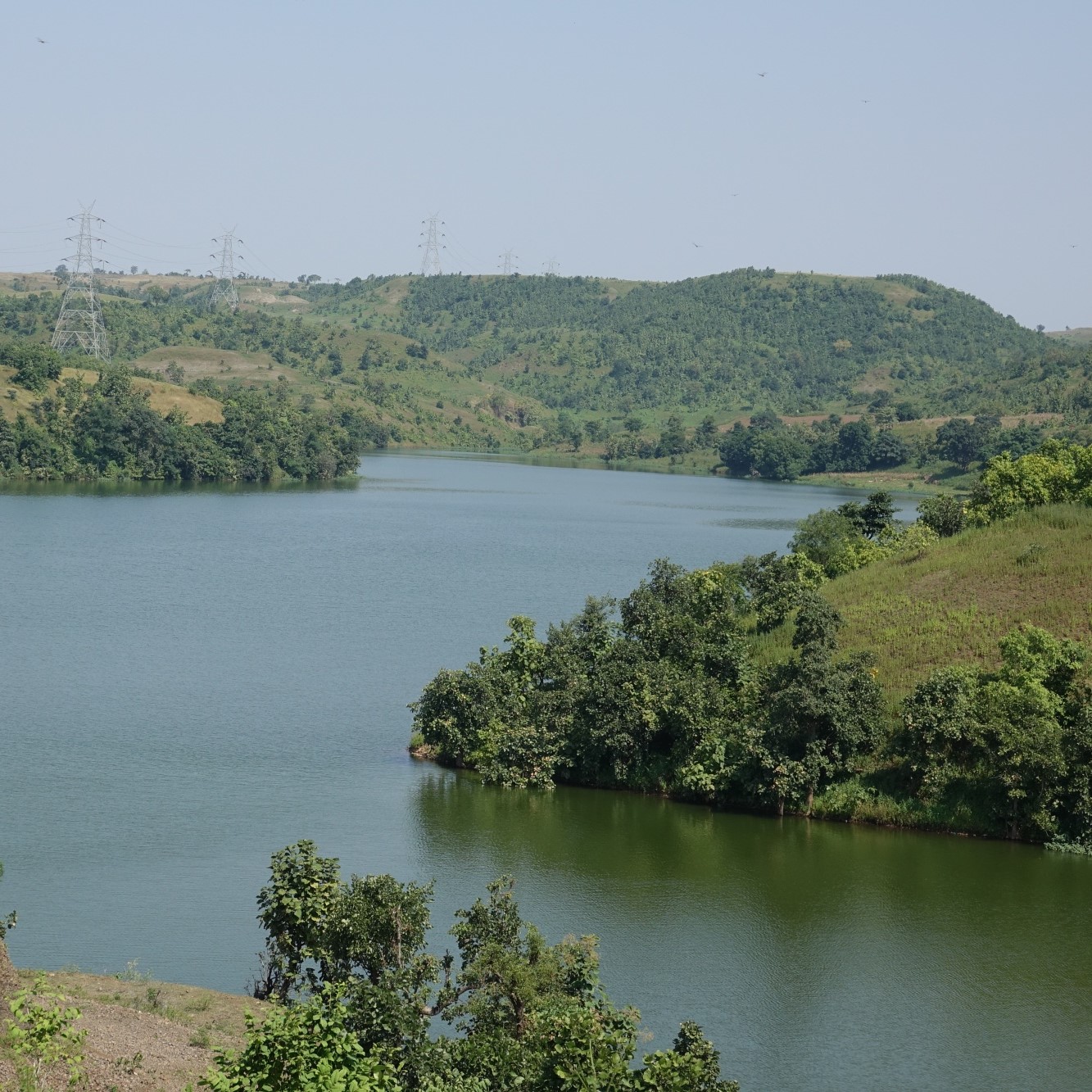Masi Dur Bibi, who lives in Kadki village of Makran, walks a long distance every day with a mushkiza (water pot) on her head to fetch drinking water.
Just five kilometres (km) away from their village lies the Shadi Kaur Dam. Bringing clean water to this area through a pipeline could alleviate the hardships many people face, including Dur Bibi. Despite numerous demands and requests, their plea has remained unheard.
Shadi Kaur is located between the Kech and Gwadar districts of Makran. It predominantly comprises an agricultural region, with a significant stretch spanning from Pisni to Turbat. The distance to Pisni is approximately 45 km, while Turbat lies about 130 km away.
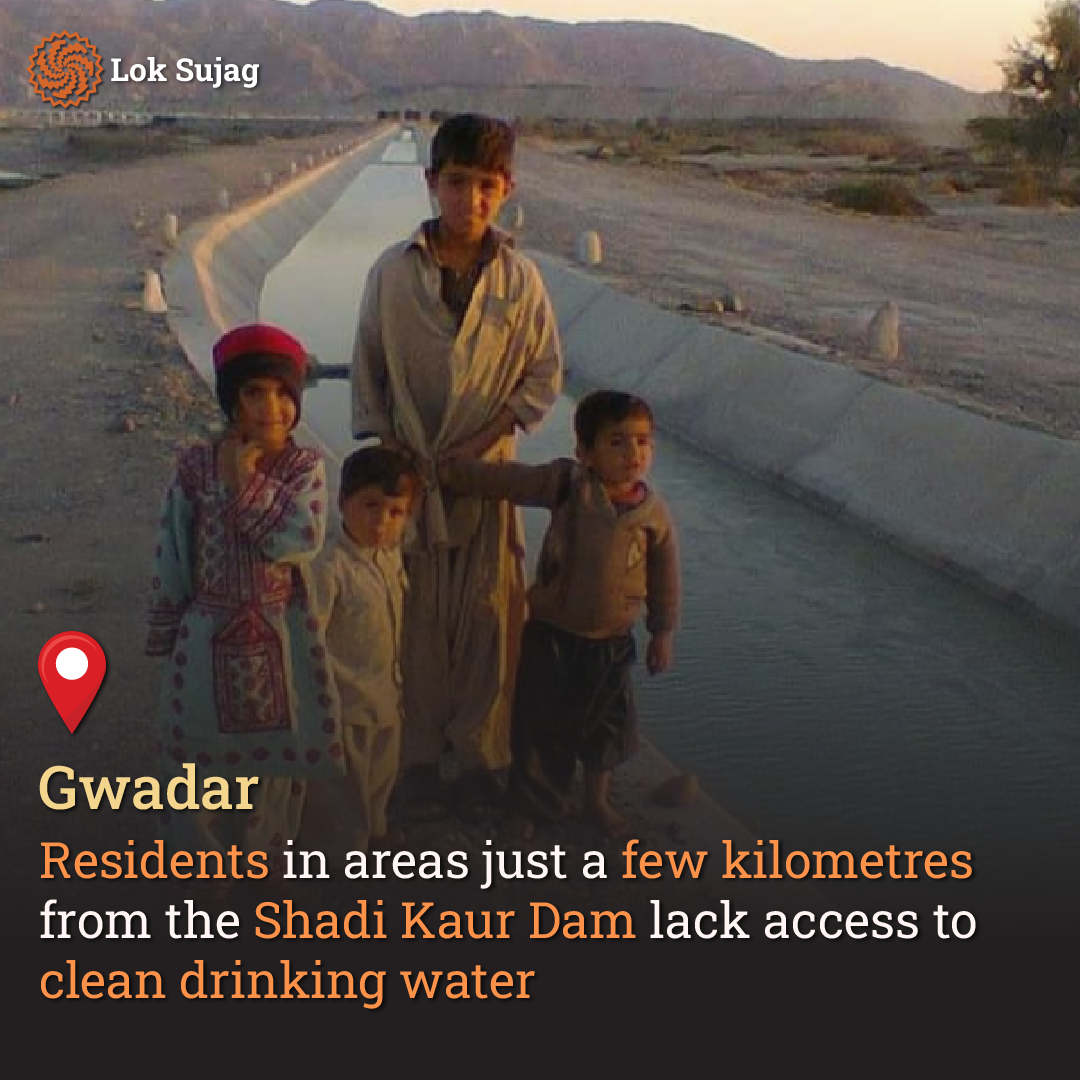
The Shadi Kaurr Dam is located within the boundary area of Kech and stands as the second-largest reservoir in Makran. It was constructed by merging the Bahri and Shadi Kaur rivers and was inaugurated in 2016 by the then prime minister Nawaz Sharif. Covering an expansive area of 6,650 acres, the dam boasts an impressive storage capacity of 37 thousand acres of water.
After the construction of this dam, the irrigation department implemented measures to ensure water supply to all agricultural regions of Shadi Kaur through water channels. Consequently, vegetable cultivation witnessed substantial growth across the area. Approximately 40 per cent of the vegetables supplied to Kech district, Gwadar, and Pasni city are sourced from Shadi Kaur, with tomato, eggplant, pumpkin, okra, courgette, and spinach being notable crops.
Kadki is among the several villages in Shadi Kaur, where the agricultural lands of Terati, Guristani, Kadki, Kabaddi, Talusan, Sindhi Pasu, Zahrin Kahor, and Pasni receive water supply from the same dam. However, despite being just a few km away from the dam, the residents in these areas do not have access to clean drinking water.
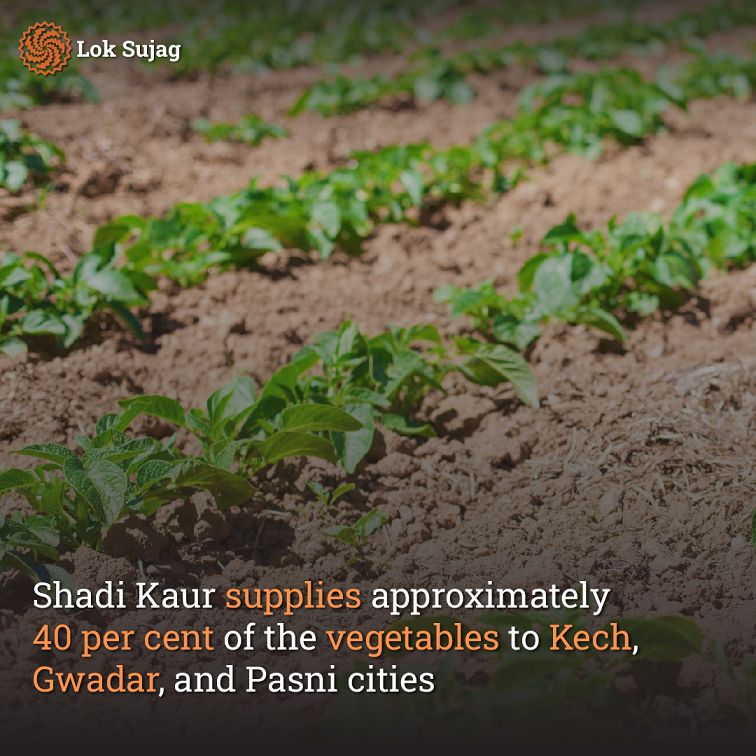
The local residents here fetch water from the channels that flow out of the dam. A significant channel connects the dam to Kabaddi village, providing water to numerous surrounding villages. Moreover, this channel supplies water to Pasni, where pipelines laid within the city transport water to tanks and eventually to people's homes. However, it is worth noting that while these channels and other similar waterways serve well for irrigation purposes, their water is not suitable for drinking or other domestic uses due to the potential contamination, especially in open drains.
Counselor Shakir Ali from Zahrin Kahoor raises concerns about the open channel, stating that both people and cattle use it for bathing. Additionally, the waste from these cattle gets mixed with the water, and sometimes, the channel even becomes the unfortunate final resting place for deceased dogs and other animals. It is crucial to emphasise that this channel serves as the primary source of water supply to the villages of Shadi Kaur and the people of Pisni town.
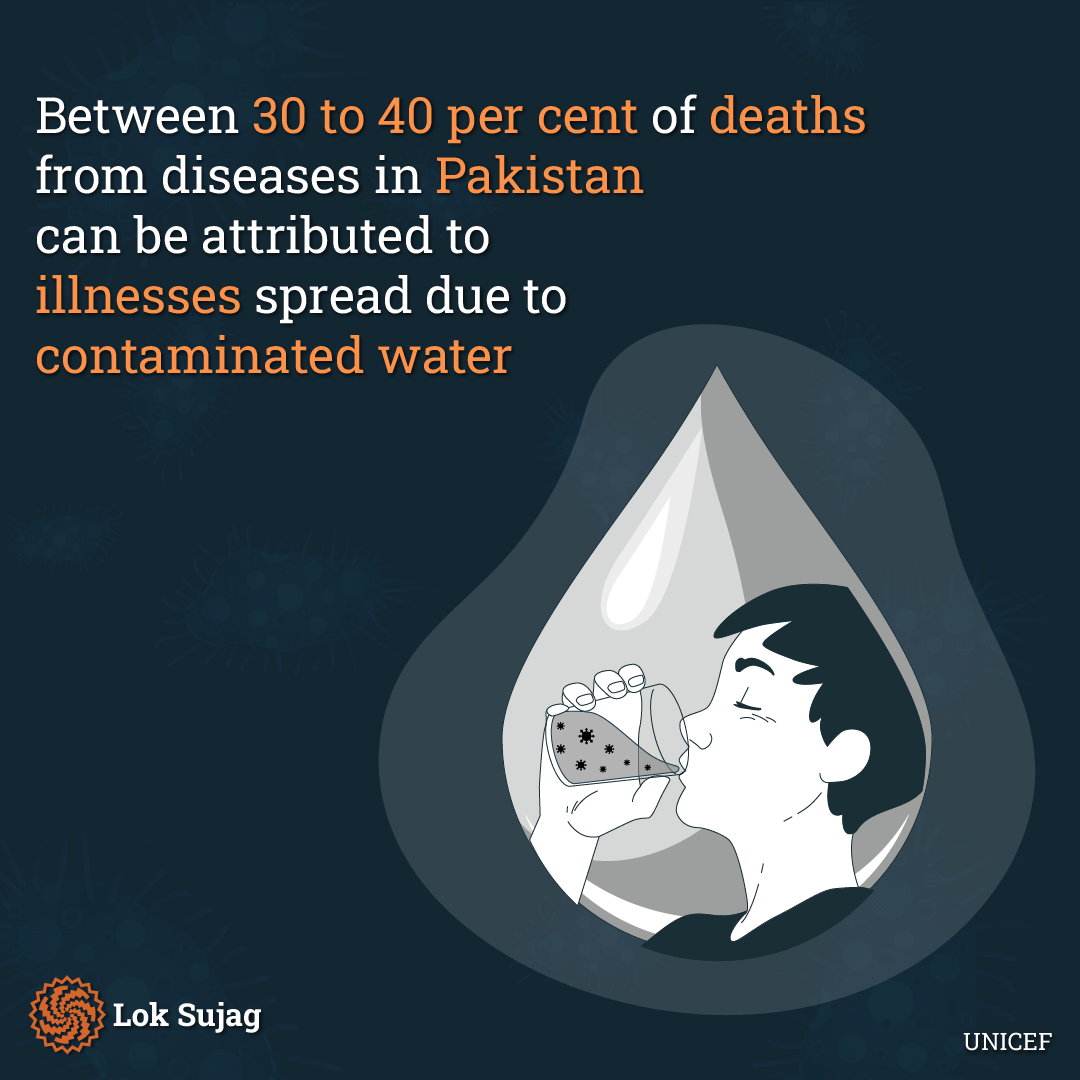
According to Ghulam Nabi, a social activist from Pisni, merely looking at this water would dissuade anyone from daring to drink it. The filth and contamination in the channel raise serious concerns about the well-being of those who consume it. Unfortunately, the consumption of this water has resulted in various diseases, especially affecting the children in the area.
Shakir Ali firmly asserts that the people in this area deserve to be treated with dignity and respect rather than being treated like cattle. It is essential to ensure the availability of clean drinking water from a reliable source for them.
As per Shakir Ali, the villages are within a five-km radius or less from the dam. If a water supply system is established using underground pipes to bring water from the dam to these villages, it has the potential to transform the lives of the people living there significantly.
Also Read
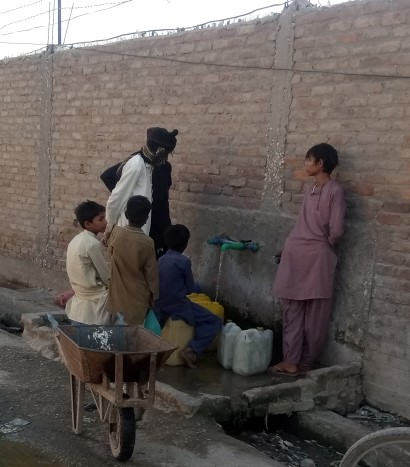
Thirsty city on the banks: Sukkur facing severe drinking water crisis
Dr Rauf, the District Health Officer (DHO) of Civil Hospital in Pasni, highlights that many patients seeking medical attention at the hospital are children afflicted with illnesses such as diarrhoea, cholera, typhoid, and hepatitis A and E. These diseases are directly linked to the consumption of contaminated water.
According to UNICEF (United Nations Children's Fund), an alarming 53,000 children die of diarrhoea each year in Pakistan. Additionally, 30 to 40 per cent of all deaths attributed to diseases in the country result from waterborne illnesses transmitted through contaminated water.
Latif Syed, a resident of Pisni, urges the irrigation department to take action and direct the employees stationed at the dam to prioritise the cleanliness of the water channels. He also appeals for implementing a system to deliver clean water from the dam to Pisni City through an underground pipeline.
Published on 5 Aug 2023
